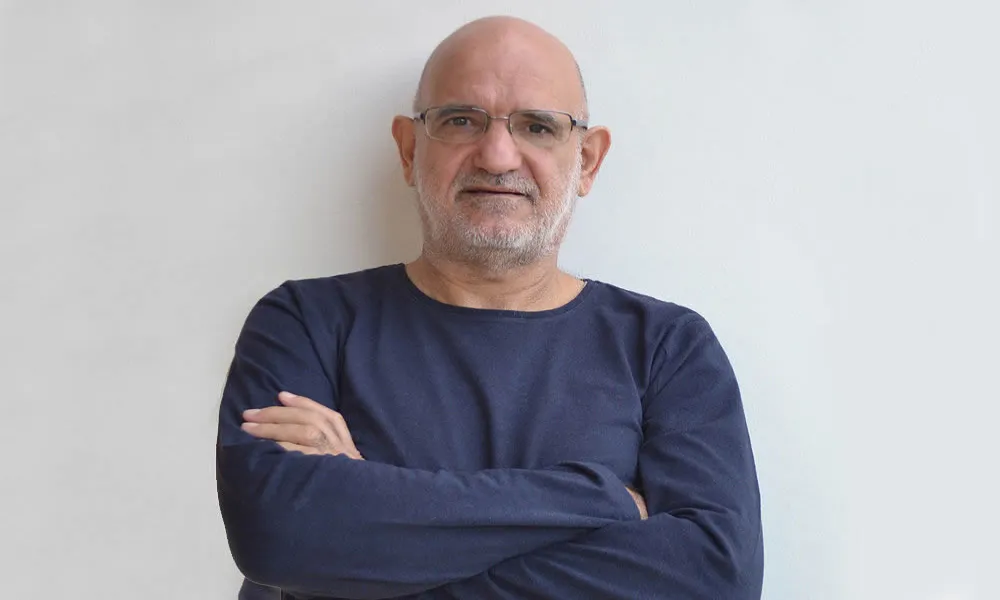In a country like Cyprus, where the Cyprus Problem remains an open wound, words carry a weight far beyond their literal meaning. Despite official commitments to peace talks and the need for reconciliation, the term “Turk” is still used socially as a synonym for “traitor,” a heavy insult that reflects decades of trauma and division. International organisations and Western states are often portrayed in public discourse as hostile forces, as demons, as those who bear responsibility for all Cyprus’ troubles. Within this charged environment, parts of the media deliberately preserve such language and shape public opinion in ways that prevent dialogue from fostering a climate conducive to compromise or settlement. The case of journalist and researcher Makarios Drousiotis, who has now secured a decisive court victory for defamation, shows that the justice system recognises that slander cannot be used as a vehicle for political agendas and affirms the power of language and the profound harm that certain characterisations can inflict on a person’s reputation.
The Supreme Court of Cyprus, sitting as an Appeals Court, has rejected the appeal filed by Phileleftheros and its publishing company Kronos. The Court upheld the District Court judgment that found the newspaper liable for defaming journalist and author Makarios Drousiotis in a 2009 article. The original award of 35,000 euro was confirmed, and with accrued interest since 2009 the total now stands at approximately 61,000 euro, along with 3,000 euro in legal costs.
The legal dispute originates from a piece published on 25 March 2009 in which an anonymous columnist posed provocative questions about Drousiotis’ identity and loyalty. The District Court found that the article used language that would expose him to ridicule and contempt, damaging his reputation in the eyes of any reasonable reader. Drousiotis subsequently initiated legal proceedings.
Appeal rejected
When the matter reached the Appeals Court, the newspaper attempted to defend the publication on several grounds. The Court addressed each argument and dismissed them in turn.
1. Not a satire was rejected
The appellants argued that the piece was intended as satire or humour. The Appeals Court found no evidence that the article possessed the characteristics of satire. Instead, the phrasing was considered direct, demeaning, and insulting in a way that did not fall within protected satirical expression.
2. Honest comment not applicable
The defence of honest or fair comment requires that the opinion expressed be based on true or provable facts. The Court concluded that there was no factual basis whatsoever for the insinuations made in the article, and therefore the defence could not be invoked.
3. Damaging language
The Court noted that in the specific cultural and political context of Cyprus, terms relating to national or ethnic identity carry particular weight. The wording used in the article would naturally harm Drousiotis’s standing in society and expose him to contempt.
4. Serious reputational harm
The Court accepted that the phrasing employed was capable of inflicting significant damage on Drousiotis’s reputation. As a journalist and researcher whose work depends on credibility, such harm was considered substantial and unjustified.
Significance and beyond
The ruling has implications beyond the immediate dispute. It reinforces the principle that public commentary, even when fierce, cannot violate the dignity of individuals through unfounded insinuations about identity or loyalty. While the press remains free to express opinions, it must do so based on verifiable facts and without resorting to personal attacks hidden behind claims of humour.
Observers of the case note that the decision strengthens protections for journalists, especially those who challenge established narratives and may therefore become targets of inflammatory rhetoric. Others believe the case highlights a broader societal issue in Cyprus regarding the casual use of ethnically charged insults in political and public debate.
Makarios Drousiotis was represented by attorney Penelope Papapetrou of Skordis, Papapetrou and Co LLC. Her arguments, especially concerning the absence of factual basis and the social implications of the language used, were central to the court’s decision.
After more than fifteen years of proceedings, the Appeals Court decision stands as a clear vindication for Makarios Drousiotis. It also serves as a reminder that in a society still shaped by unresolved historical wounds, the judiciary continues to recognise the need to protect individuals from reputational harm caused by unfounded and inflammatory statements.
